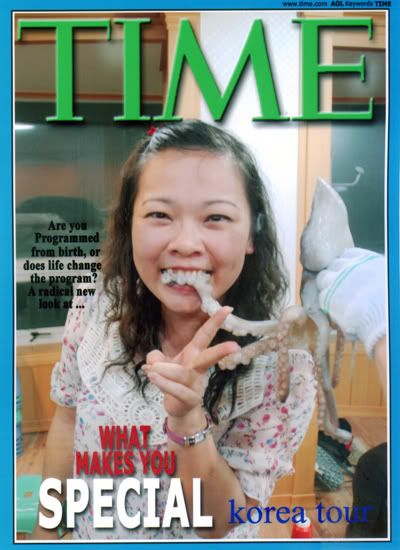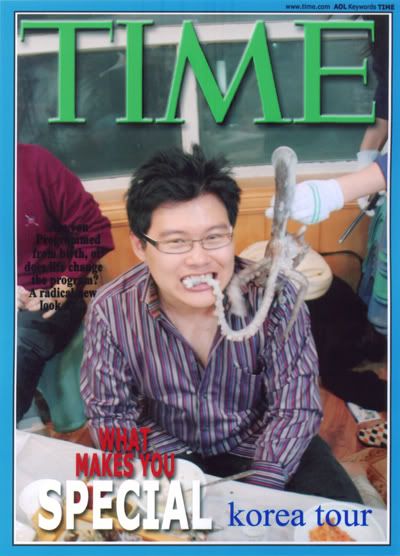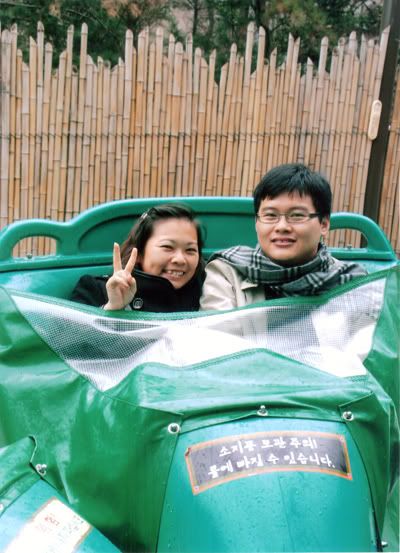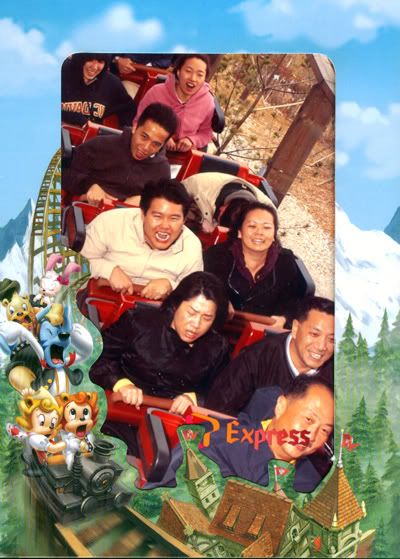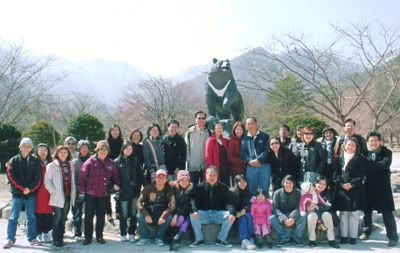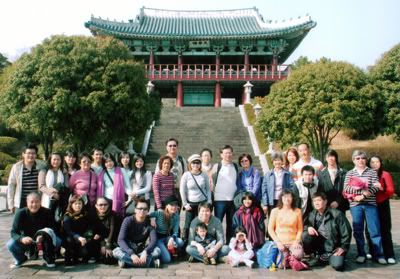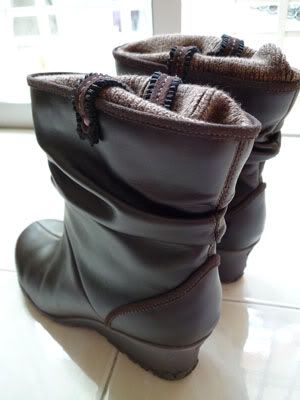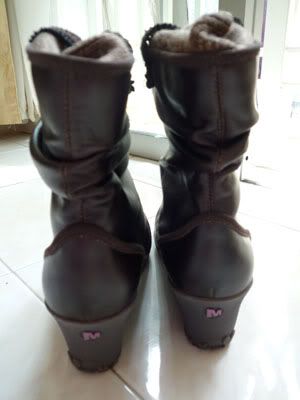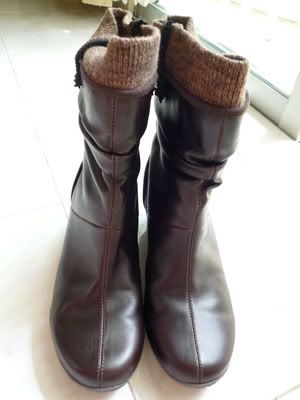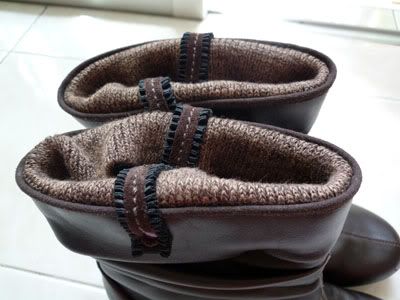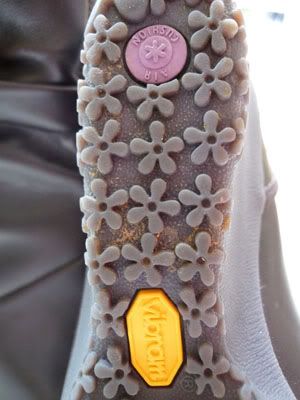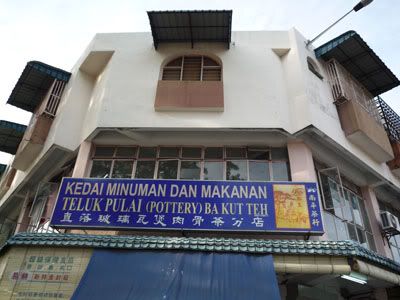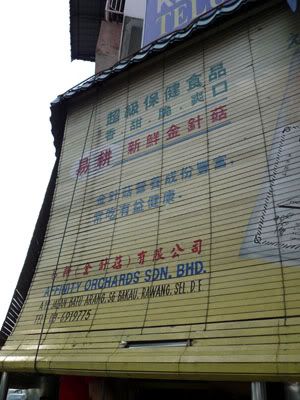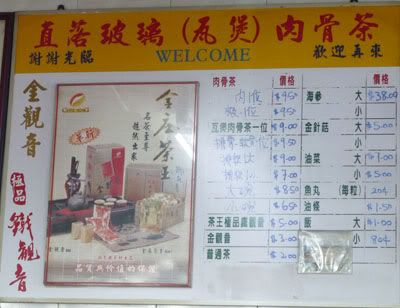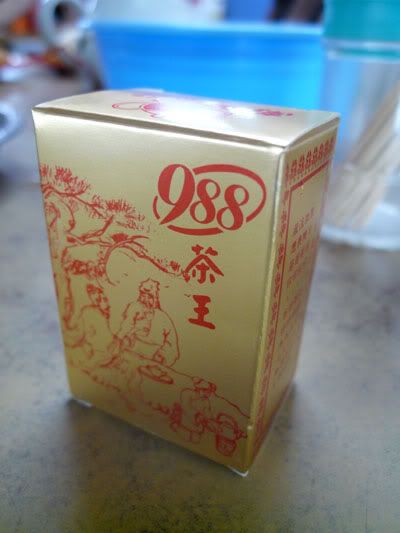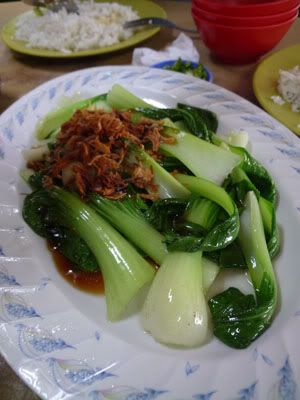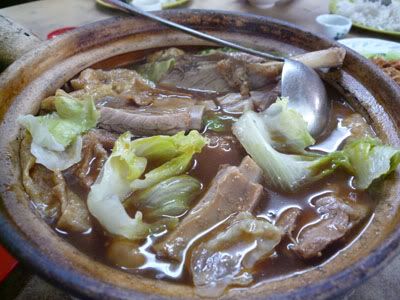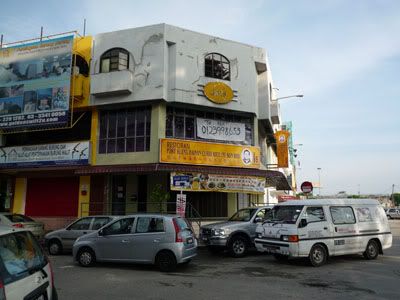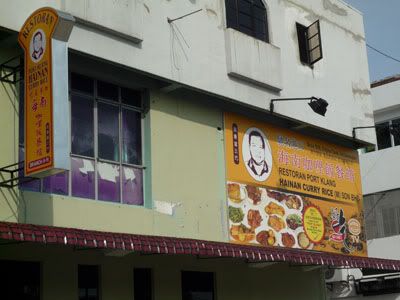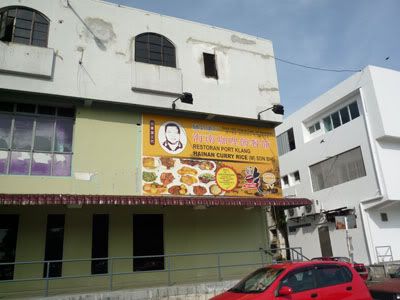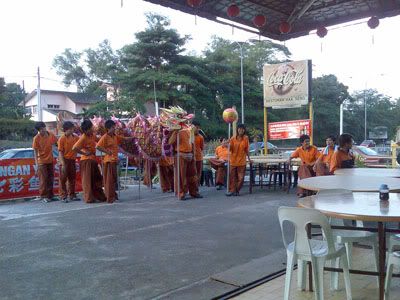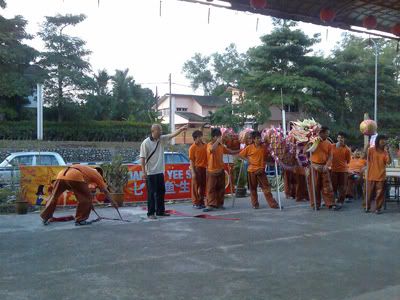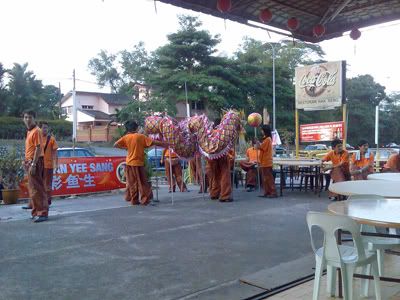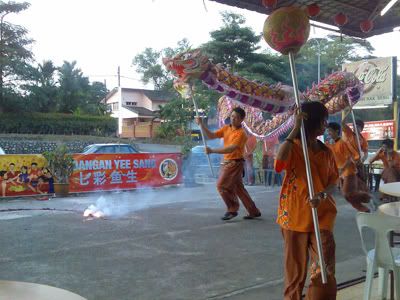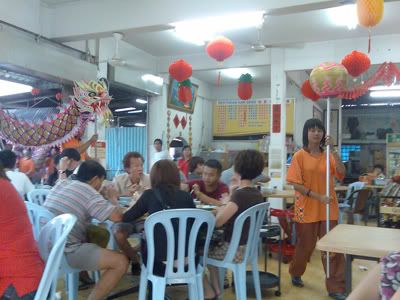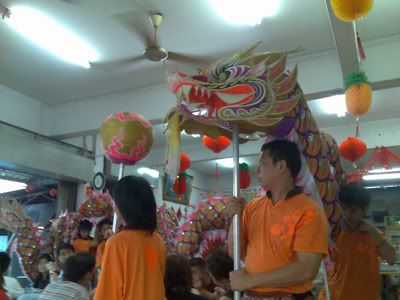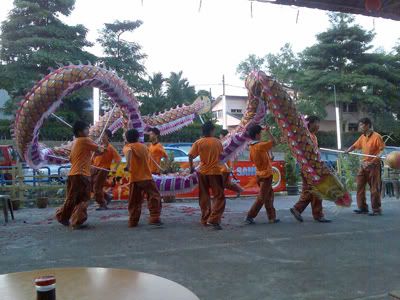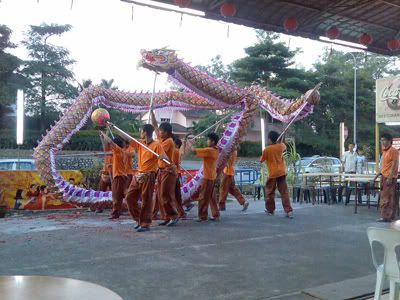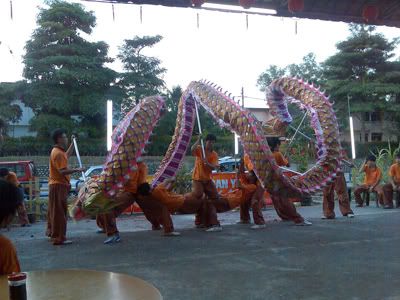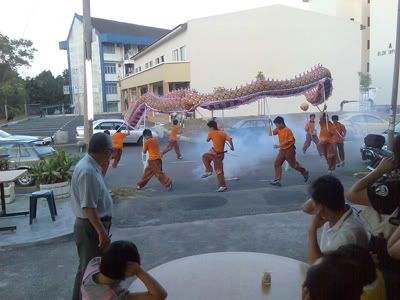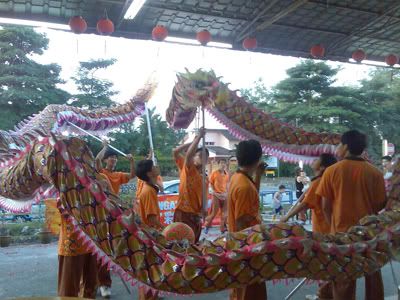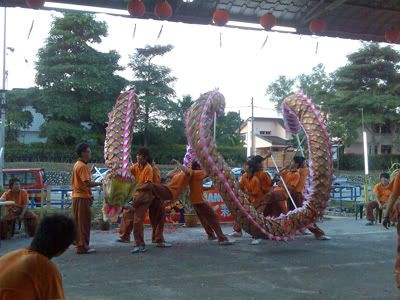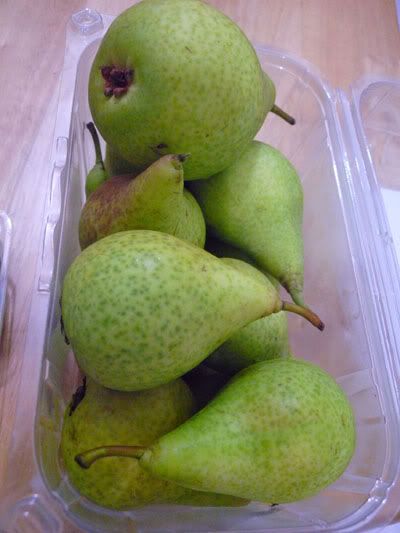SINGAPORE'S BIRTH RATE PROBLEMSaturday March 28, 2009
Baby gloom haunts LeeINSIGHT: DOWN SOUTH WITH SEAH CHIANG NEE
True-blue citizens may go the way of the Mohicans with the city-state’s falling marriage and birth rates.
THE rising number of reluctant brides, particularly among the highly educated, has again been highlighted by Singapore’s founding leader Lee Kuan Yew.
In a recent dialogue with undergraduates, Minister Mentor Lee pointed to his own daughter as an example when he talked about the long-term impact of falling marriage and procreation rates.
His concern about Singapore’s population slide had been around for some 25 years, seeing it a threat to its long-term survival.
A newspaper headline just asked: “Will we be the last of the Mohicans (an American Red Indian tribe that became extinct)?”
In other words, the low fertility will lead to the extinction of the present 3.25 million true-blue Singaporeans.
The white-haired Lee says an increasing number of the better-educated women are choosing to remain single as a lifestyle choice, and happy with it.
Some 33% of men and women are single, according to Lee. And to prevent an eventual collapse, Singapore has to import foreigners.
Lee aimed his marriage-and-population message at the very people – university students – he wanted to reach.
When he first talked about the subject, it was a generation ago. The people then would have included some parents of the current audience.
At the time, the reaction was a surprise since the birth rates were not yet at crisis point.
Lee is 86 today. This year he enters a historic 50th year of state leadership to become the world’s longest serving leader.
He showed the students an uncharacteristic glimpse of his softer, fatherly figure, a divergence from his past combatant self. This time, he talked of his unmarried daughter to make a point.
She is Dr Lee Wei Ling, the bright 54-year-old director of the National institute of Neurological Sciences, who once lashed out at the “elitist attitude of some in our upper socio-economic class.”
Writing that she was neither anti-establishment nor “a government mouthpiece,” Dr Lee added: “I am capable of independent thought.”
Something dad probably agrees with. In his fatherly eyes, Dr Lee – however mature or brilliant – is still a child who needs looking after.
After saying that one-third of men and women in Singapore were single “and quite comfortable with their lives”, the Minister Mentor said: “My daughter is one of them. What can I do?”
Then in an unusually emotional mood, Lee told the young audience: “When she was in her early 30s, I told her, never mind all this.
“My wife and I used to tell her, what you want is a “Mrs” (to her name). She didn’t think it was funny. Now, she is 50-plus.
“I’m getting old. I’ve got a pacemaker. We’ve got this big house, everything is looked after now, but what happens when we are no longer there?
“Who’s going to run this place? Who’s going to make sure that the maids are doing the right thing and so on and so forth? That’s the price she (Dr Lee) will have to pay.
“She says, I’ll look after myself, but she has not been looking after herself all these years.
“She went abroad for her studies. And her cooking was just to take the salmon and put it in the microwave and heat it up. You can do it and then go to the canteen, but when you do that day after day ...
“It’s a choice she has made and a choice that 35% of our women are making.”
However, in the 21st Century, women are the key to population control, Lee said, but “you have to couple an educated woman with equal job opportunities”.
The ageing Lee is still not beyond putting down his opponents either in the courts or using the law and police. On this occasion he talked of his own mortality.
At any rate, he remains very active in the running of the country.
He no longer sounded like the pugnacious 35-year-old lawyer who became Singapore’s first prime minister in 1959 when it was a self-governing colony.
In talking about lifestyle choice, Lee may have left out other factors that is contributing to fewer Singaporeans marrying and producing babies.
One is the highly competitive life in a tiny Singapore that has few resources. From school to work to business, it is one test after another for the people.
Another is the high cost of living. The Economist Intelligence survey named Singapore the 10th most expensive country in the world, and the present crisis could make things tougher.
Last year inflation rose by 6.5%, the highest level in 28 years, with the poor being the hardest hit – not a formula for more babies.
During the past decade wages of the broad middle class stagnated, while that of the lower-income group actually declined.
Some young critics blame it on policies that Lee had instituted all these years, particularly giving priority to economic growth over individual needs.
This is the second time Lee has referred to his offsprings being affected by dramatic social changes.
Apart from his daughter, Lee had earlier said that Li Hongyi, his grandson (the son of Prime Minister Lee Hsien Loong) had succumbed to the emigration trend. He has said he may remain in the United States after graduation.
A Singaporean wrote: “At least Lee now realises that no matter how tight he controls Singapore, there are things that are beyond him – like marriage, emigration and having children.”
His problem is amplified by a young lady, who wrote: “We don’t need men to take care of our needs. We can afford our every material whim and fancy.”
Labels: birth rate, Singapore, single
